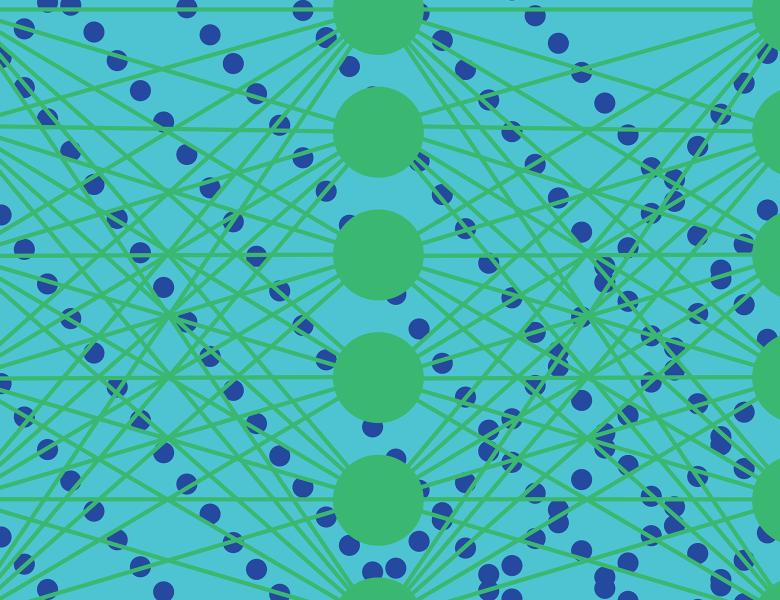
Abstract: Suppose you wish to send a message, but you know that whatever you say will get slightly garbled before it reaches the recipient. What should you do? You'd like to add some redundancy, to make sure you are understood despite the errors. For example, as in the title of this talk, if you repeat yourself enough times, probably the message will get through. But there are other ways to add redundancy. For example, the English language has a lot of redundancy built in: u can prbably undrstnd ths sentnce, evn tho mny lettrs r mssing. In this talk, we'll explore some more principled ways of adding redundancy, which are ubiquitous in modern communication and storage systems: the use of error-correcting codes. We'll introduce error-correcting codes and discuss the basic theory behind them, and we'll see how they can be used to do a much better job protecting communication from errors than the title of this talk does.
Theoretically Speaking is a new lecture series highlighting exciting advances in theoretical computer science for a broad general audience. Events are held at the David Brower Center in Downtown Berkeley, and are free and open to the public. No special background is assumed.
Light refreshments will be served before the lecture, at 5:30 p.m.
All scheduled dates:
Upcoming
No Upcoming activities yet


